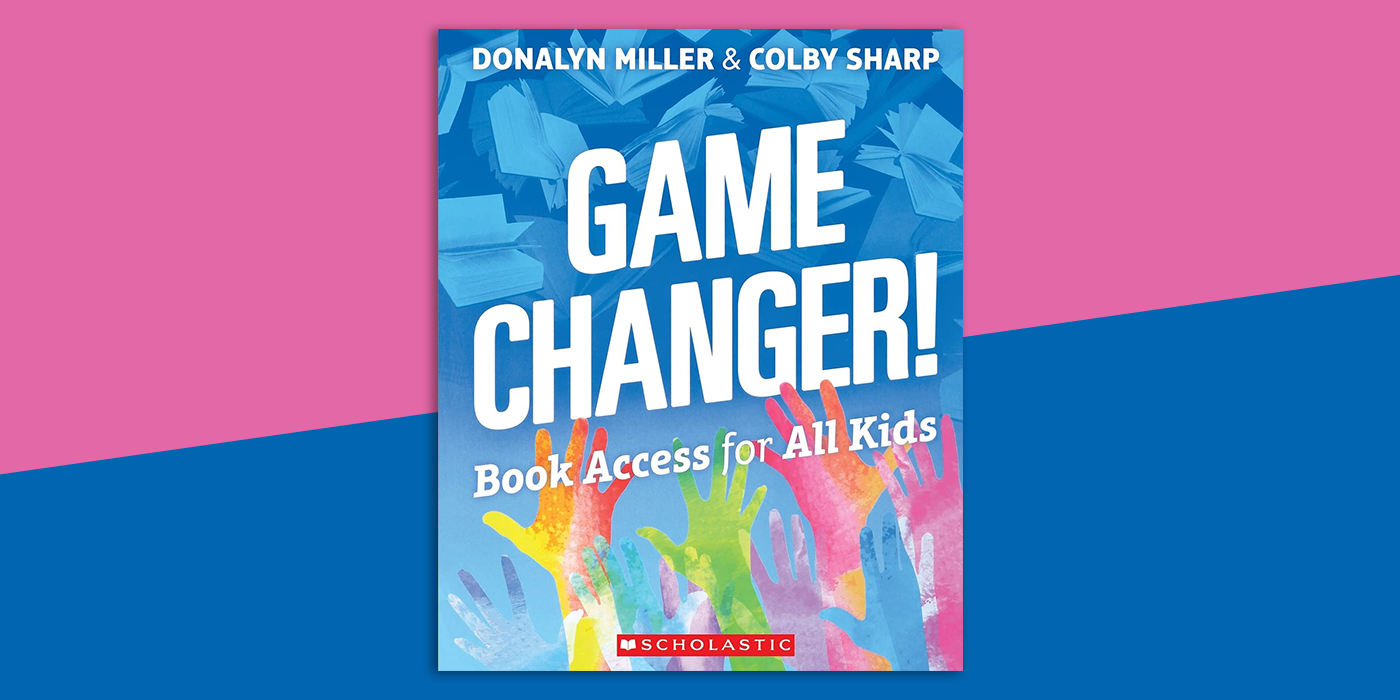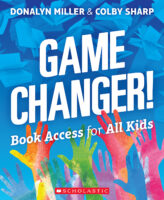6 Tips for Building Your Book-Knowledge Muscle
Many educators, librarians, and caregivers ask us how to increase their knowledge of children’s books and remain current about books for their students and children to read. We’ve learned a lot since our teaching careers began and know exactly what it takes to build up book-knowledge muscle. Here are six ways to do it:
1. Dedicate daily time for reading
If you want to increase your book knowledge, you must commit to reading more. While reading reviews and researching books can improve and extend your book knowledge, there is no substitute for reading the books yourself and determining how to share them with other readers.
2. Read winners and nominees on national and state award lists
The American Library Association’s Youth Media Awards, the National Book Awards, and many educational organizations like the National Council of Teachers of English (NCTE) and the National Science Teachers Association (NSTA) select outstanding books and media for young people. Many state library associations create recommended reading lists of children’s and young adult literature each year, too.
3. Befriend a librarian
Librarians know about the latest books and resources and can support educators and caregivers in locating texts that support both curricular and independent reading goals. School and public librarians can also connect you with books in various formats like audiobooks and e-books and help you locate credible book review resources.
4. Ask kids what you should read
If we see several kids reading a book that we have not read, we will track down a copy and read it. No matter how strong our book knowledge, the best people to recommend books to young readers are their peers.
5. Read with your ears
Do you listen to music or podcasts while exercising or working? Do you have a long commute or spend time traveling? Downloading a few audiobooks to your phone or device provides boredom insurance and opportunities to squeeze in a few more books. Many students benefit from audiobooks, too. Also, ask your public library about their audiobook database access.
6. Start a book club
Find a few colleagues or parents who share your interest in children’s literature and schedule regular meetings online or in person to discuss the books you read and ways to share them with young readers.
These are just a few ways teachers can build up their book-knowledge muscle and support kids’ adventures in reading. Pick one or two suggestions to start and add more as it suits your needs.
To learn more about Game Changer! Book Access for All Kids you can purchase the book here.



